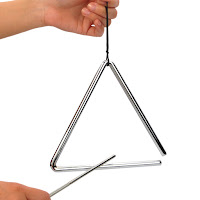Spanish language stuff part 1: Things not to do

The other day I rang someone who I've been friends with for nearly 50 years. We talked about trees, we talked about fish dying in the Mar Menor and we talked about when organic veg aren't really organic veg. We also talked about language learning. It was that conversation which prompted me to write this two part blog. My pal, who has been learning German for years, recommended a YouTube series called Easy - Easy German in her case and Easy Spanish in mine. I watched the video and thought crikey, if that's easy my Spanish is worse than I thought. Here's the link if you're interested. The particular episode talked about things not to do in Spain. Here's the list. 1 Never turn up on time - the example they use in the video is a party. Spaniards do turn up on time for lots of things but the basic notion is good. 2 Never go to the shops between 2 and 5 in the afternoon. Again lots of town centre shops and supermarkets open in the afternoon but the basic premise is ...


